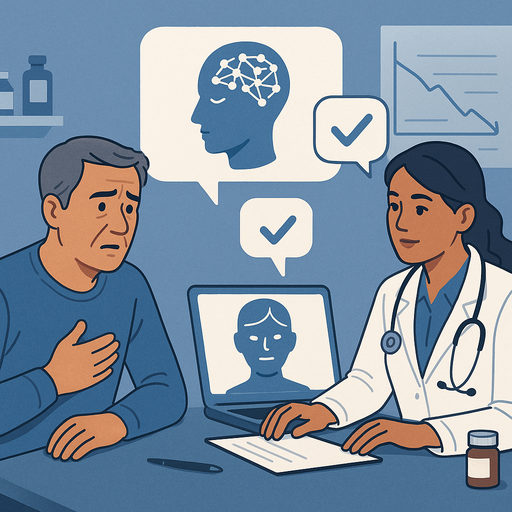OpenAI conducted an extensive study of its AI assistant for physicians, showing a significant 16% reduction in diagnostic errors. This new technology could revolutionize medical diagnostics.

G. Ostrov
OpenAI has presented the results of clinical trials for its AI assistant designed for medical professionals, demonstrating an impressive 16% reduction in diagnostic errors. This achievement could represent a significant step forward in medical technology development and healthcare quality improvement.
Study Details
The testing involved hundreds of physicians from various specialties. The AI assistant analyzed patient symptoms, medical history, and examination results, providing doctors with additional data for decision-making. The system did not replace physicians but worked as a clinical decision support tool.
Key Benefits
The main advantages of using the AI assistant include:
- Reduction in missed diagnoses
- Acceleration of the diagnostic process
- Detection of rare diseases
- Reduction of cognitive load on physicians
Technological Features
The AI assistant is based on advanced machine learning algorithms trained on extensive medical databases. The system can process multiple information sources simultaneously, including laboratory results, images, and textual symptom descriptions.
Implementation Prospects
OpenAI plans to expand system testing across various medical institutions. The company is also working on integrating the assistant with existing medical information systems to ensure seamless workflow.
More detailed information about OpenAI's developments can be found on the company's official website.
If you encounter any problems, please contact us - we'll help you quickly and professionally!




